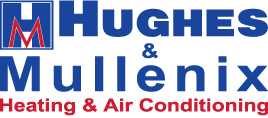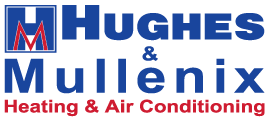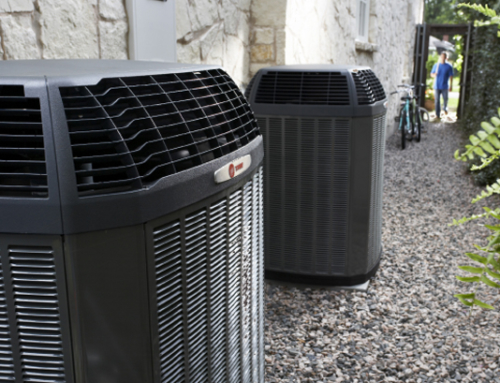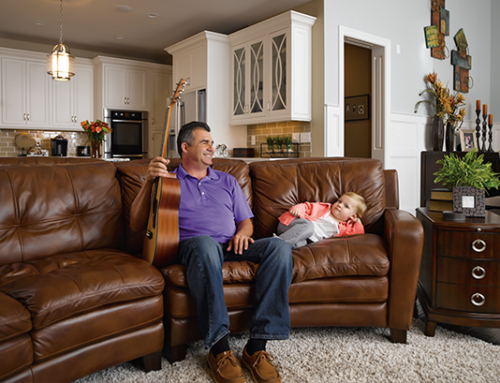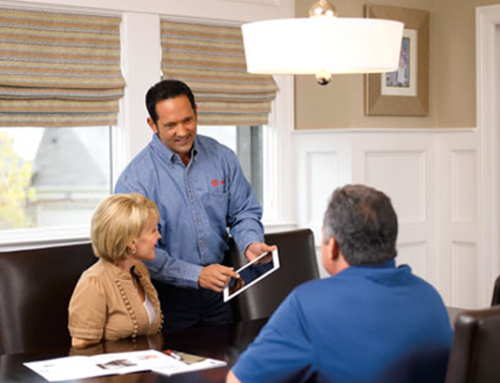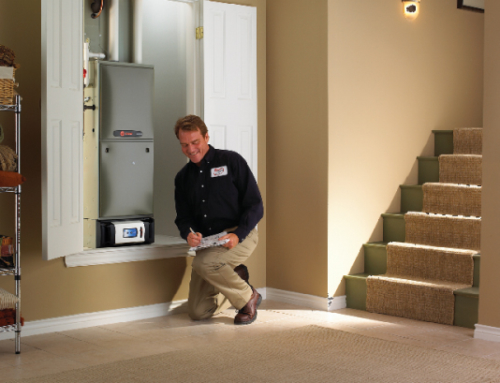
Is there more dust around your house than usual? Well there’s no need to feel ashamed about how often you clean. You may be suffering from an inefficient air filter.
Air filters in our homes and businesses suffer from “out of sight, out of mind”. Since we don’t see them, it’s easy to forget they need to be cleaned and replaced regularly, assuming you’ve chosen the right air filter in the first place. If your air filters aren’t up to par:
- Dust can build up in your air ducts and blow into your home
- You may be exposed to allergens like dust, pollen and pet dander, as well as bacteria and mold spores
- Your energy bill may increase as your system is forced to work longer and harder to pull in air through clogged and dirty filters
Unless you are someone who enjoys paying more to keep your home or office at an enjoyable temperature, keep reading to find out what you can do to get the best from your filters and your heating and air conditioning.
How Do Air Filters Work?
Your heating, ventilation, and air conditioning system (HVAC) works by pulling in air over coils to heat or cool it. That air is then distributed to rooms in your home or business before being pulled back in to start the process all over again. Air filters are a key component to this system of circulation and there are multiple types:
Fiberglass disposable filters – These are less expensive than other types of filters and mainly remove large particles. They need to be checked and replaced more often than other filters, so the amount you save is lessened by the fact that you have to buy them with greater frequency.
Pleated disposable filters – These more effective filters not only trap large particles but also dust and debris. However, these can sometimes restrict airflow, especially when they get dirty. These should be checked monthly and replaced when they become dirty.
Hi-Efficiency-Particulate-Arrester (HEPPA) – These high-efficiency filters are best for people with allergen sensitivity as they offer the greatest amount of air purification. These should also be checked monthly.
What Kind of Air Filter Should You Use?
When shopping for air filters you may notice there’s a wide variety to choose from. Generic filters cost the least and can save you money, but they can be as little as 20-50% efficient when compared to better filters. Meanwhile, high efficiency filters can capture very small particles. This can be ideal for families with increased sensitivity to allergens.
But paying more doesn’t always mean getting the best. The best things you can do to ensure you’re getting a quality filter are:
- Read the specifications of each filter to find the one that best fits your lifestyle and that addresses the current issues you face.
- Ask friends and relatives about the brands they use.
- Read reviews from not-for-profit sites to ensure you are getting unbiased information. This Consumer Reports article may be a good place for you to start.
Every home is different so there is no “one size fits all” solution. Your best bet is to consult your HVAC specialist to get recommendations based on your particular unit. They can also make sure you have the right filter for the amount of contaminants you are dealing with in your home.
Saving money on your monthly energy bill is something each of us would enjoy. But ensuring our home or office is a healthy place to live or work is key. If you have questions about which air filters are best for you, your space, and your HVAC system, contact us today.
